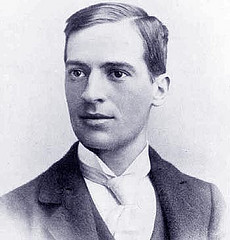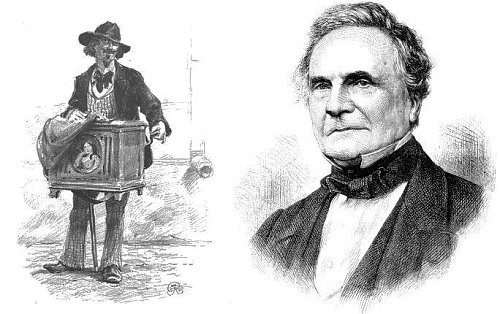
American chess grandmaster Harry Nelson Pillsbury was renowned for his memory — he could play whist, chess, and checkers simultaneously, without sight of the boards. In 1896, researchers gave him the following list of words to memorize:
antiphlogistine, periosteum, takadiastase, plasmon, ambrosia, Threlkeld, streptococcus, staphylococcus, micrococcus, plasmodium, Mississippi, Freiheit, Philadelphia, Cincinnati, athletics, no war, Etchenberg, American, Russian, philosophy, Piet Potgelter’s Rost, Salamagundi, Oomisillecootsi, Bangmanvate, Schlechter’s Nek, Manzinyama, theosophy, catechism, Madjesoomalops
Pillsbury looked over the list for a few minutes, returned it, and repeated the words correctly in order.
Then he recited them backward.



